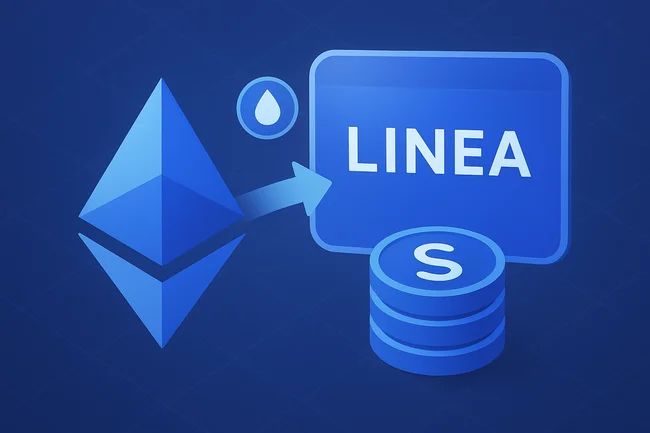Turing incompleteness refers to systems that cannot perform every computation that a Turing machine can. In simpler terms, it means that certain programming languages or environments have limitations that prevent them from solving every possible problem or executing arbitrary algorithms.In the context of blockchain technology, some cryptocurrencies use programming languages that are Turing incomplete. For example, Ethereum is Turing complete, allowing for complex smart contracts, while Bitcoin’s scripting language is deliberately simpler and more limited.This limitation can enhance security and prevent certain types of vulnerabilities. By restricting what can be executed, it reduces the risk of bugs or exploits that may arise from complex computations. However, it also means that developers have less flexibility to implement certain advanced features or logic directly on the blockchain.Overall, Turing incompleteness plays a role in balancing safety and functionality in the design of blockchain systems. It shapes the choices developers make when deciding how to implement contracts and distribute applications.
Aave Labs Acquires Stable Finance to Expand Consumer DeFi Products
Aave Labs has acquired Stable Finance, a San Francisco-based fintech company focused on stablecoin savings, in a move to strengthen



